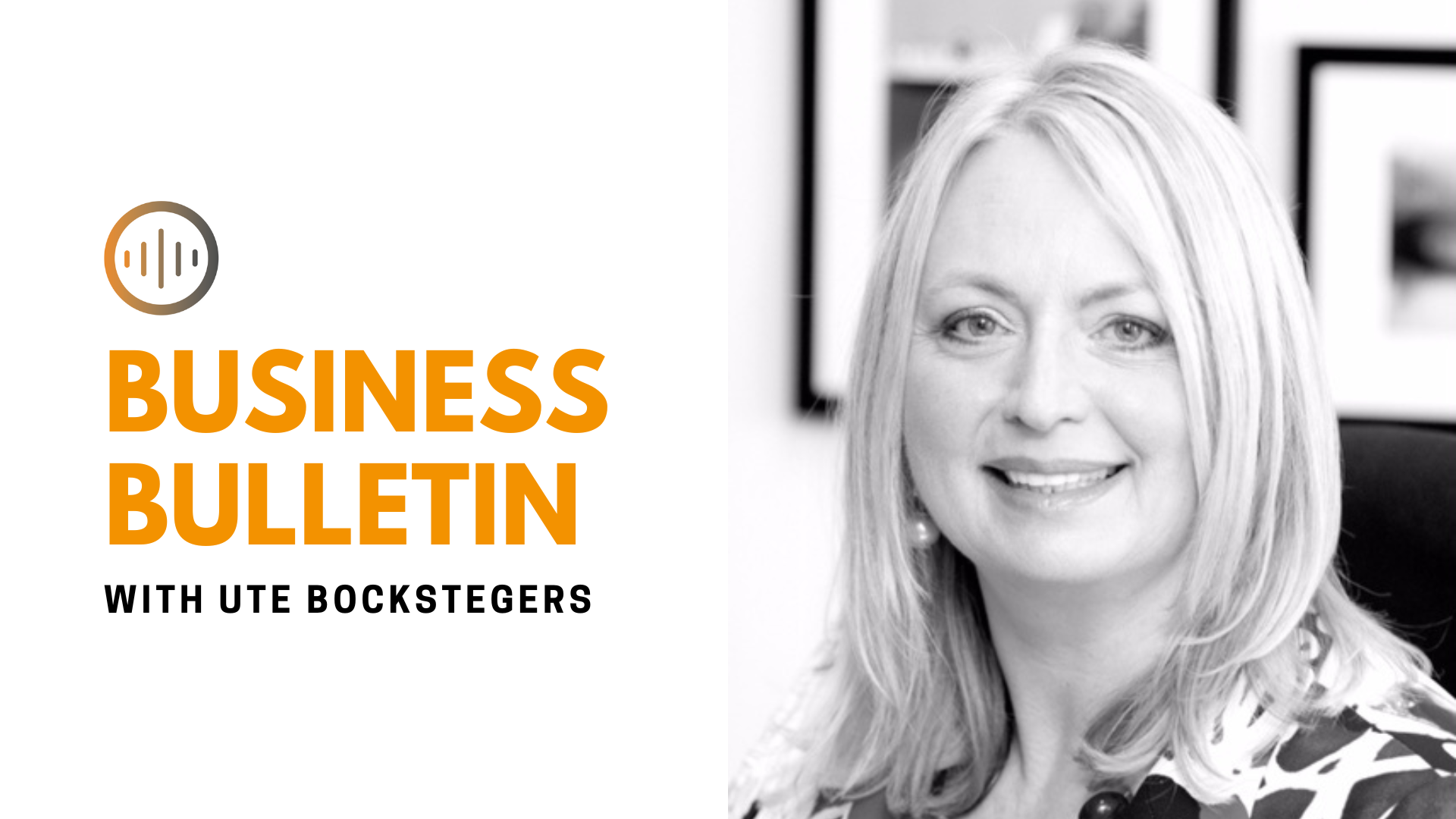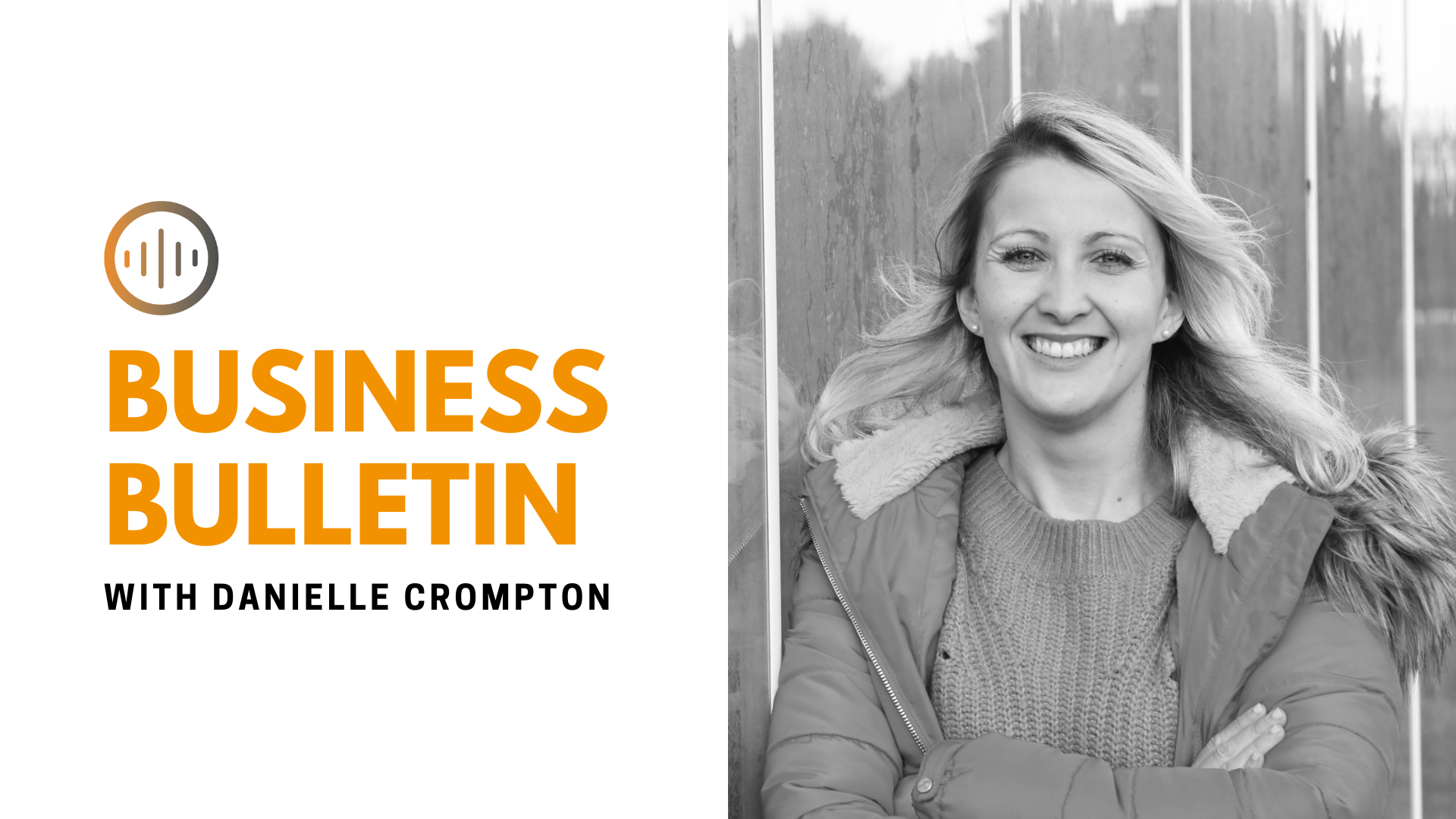


Danielle Crompton
Partner and Ethics & Sustainability Manager, John Lewis Partnership
BITC (Business in the Community) defines responsible business as a ‘healthy business’. Others, such as Larry Fink use the term ‘stakeholder capitalism’.
If you were asked to define ‘responsible business’ what would be your definition?

Farah Janmohamed
Co Founder & Director Wren Laboratories Ltd
Responsible business practice means assessing the impact to both stakeholders and wider society. Three different factors should be considered: Financial, social and environmental impact. Financial health is important for job security, shareholder value and wider contribution to the economy. However social aspects such as strong corporate governance, ethical conduct and philanthropic activity are equally as important when running a responsible business. Finally, environmentally sustainable practices should be prioritised, with companies seeking to reduce their carbon footprint, improve energy efficiency, waste management and more.

Sion Lewis
Associate, ARUP
Responsible business fulfils the needs of not just stakeholders, employees and clients but extends this to be a pillar and leader of far wider reaching metrics in areas including social development, sustainability and moral business operations. By being open, honest and transparent they are able to influence and inspire others to follow; ultimately leading to improvements reaching far wider than they are able to achieve alone.

Richard Sansom
East Midlands Network Director, Cadent Gas
A responsible business is like a friendly neighbourhood superhero. Beyond aiming for personal gain, it’s all about using its powers (resources) for the greater good! Imagine hosting a community bake-off to raise funds for worthy causes. These businesses are not just looking at the bottom line, they are striving to make the planet and their communities a little better each day. Responsible businesses prove that in the business world, you can do good and do well at the same time!

Dara Latinwo
Digital Transformations Consultant
Having been a fan of Doughnut Economics for some time, my definition would be based on this concept: responsible business is that which has its purpose, networks, governance, ownership and finance all aligned to contribute to a regenerative economy – where the needs of all people are met within the limits of our planetary resources.

Gonzalo Coello de Portugal
Associate – Design and Project Leadership, Arup
A responsible business is a purposeful company that seeks to do well by doing good. They have a deep interest in and share responsibility for the economic, social, and environmental systems in which they operate. They create returns for their shareholders, and value for their stakeholders and for society.
The combination of maximising returns to shareholders and maximising value for stakeholders cannot always be achieved. It should be recognised that, by following a responsible conduct, some of the contributions created will benefit less the quarterly profit, and more the stakeholders and society. This should also be measured, reported, and celebrated.

Lara Tabet
Associate, Arup
Responsible businesses are those that walk the walk as well as talking the talk. They are the business which step beyond their immediate mission to shape their impact on society and the planet and expand their influence to make such impact positive. They are those whose employees stay for the values and whose KPIs include for ESG goals. They are businesses that make tough choices in tough climates to retain their integrity and look inwards and outwards for positive change that needs to be made. They are also those that understand that despite business competition, collaboration is key for our single most important client: the planet.

Justine Ball
Partner, Shakespeare Martineau LLP / AMPA
Responsible business to me is being a corporation that takes action to have a positive impact not only on its people, but the community it operates in, the supply chain/consumers/stakeholders it serves and its society.


